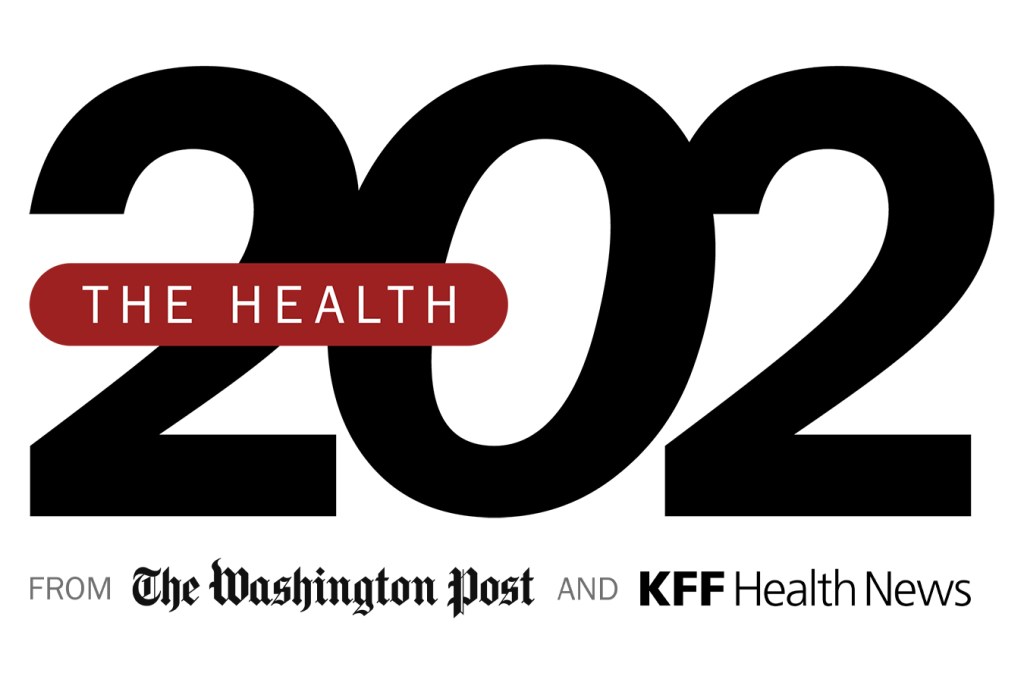California Gov. Gavin Newsom’s ambitious attempt to combat the mental health and addiction epidemic in his state is leading by a razor-thin margin, calling into question whether voters trust him to confront the state’s growing homelessness crisis.
Newsom asked voters on Tuesday to approve his $6.4 billion bond measure, dubbed “Treatment not Tents” — the nation’s most aggressive effort to get people off the streets and connected with health care and housing. The governor calls it key to gaining control of a public health emergency. Because California accepts mail-in ballots until March 12, tallying the final vote could take weeks.
More than 181,000 people are homeless in California, according to the most recent federal tally, and thousands who can’t afford housing are living in unsanitary and unsafe conditions, exposed to extreme cold or scorching heat. Often, they struggle with drug use and untreated mental illness.
During a campaign blitz this month, Newsom promised that Proposition 1 would fund thousands of housing units and treatment beds and broader mental health reforms, including ongoing money for permanent supportive housing and addiction treatment.
Yet Newsom, a two-term Democratic governor with national ambitions, has struggled to persuade voters that California can responsibly use the money to ease the homelessness epidemic. As of early today, Proposition 1 had a very slight lead in balloting — 50.3 percent yes vs. 49.7 percent no.
Newsom advisers expect that narrow lead to hold and the measure to pass, though the considerable opposition reflects public skepticism over pouring billions more into homelessness interventions that critics say aren’t making a visible difference.
“There’s been a ton of money going into homelessness with very little progress; the crisis is just getting worse,” said Dan Drummond, executive director of the Sonoma County Taxpayers Association. He said he is a lifelong Democrat and voted for Newsom but, like many, has lost confidence that the governor — and government — can address the crisis, so he voted against the bond measure.
No other state has tried as hard as California to attack homelessness. The Newsom administration created an initiative to convert hotels and motels into permanent housing for homeless people. Newsom is asking the Biden administration for permission to providesix months of free rent for homeless people. He launched a Medicaid initiative to provide social services and housing support for those on the streets or at risk of becoming homeless. He has spearheaded new laws to mandate treatment for those with serious mental health conditions.
So far, Newsom has plowed more than $20 billion into the crisis, with billions more for health and social services. Newsom says at least 71,000 people have gotten off the streets, yet the public health crisis is worsening. Homelessness has risen 20 percent since he took office in 2019, and addiction and mental illness are more rampant, experts say.
In California, an estimated 48 percent of homeless people regularly use hard drugs or drink alcohol heavily, have hallucinations or have had a recent psychiatric hospitalization, said Margot Kushel, a primary care doctor at Zuckerberg San Francisco General Hospital and Trauma Center and a leading homelessness researcher at the University of California at San Francisco.
The missing piece, Newsom told me last week in the Coachella Valley, is Proposition 1. He argued the state desperately needs the bond to fund new treatment beds and permanent housing, which he said is critical for his other health and homelessness initiatives.
“All of this is considered part of this larger mosaic, but the beds are foundational,” Newsom told me.
This article is not available for syndication due to republishing restrictions. If you have questions about the availability of this or other content for republication, please contact NewsWeb@kff.org.
